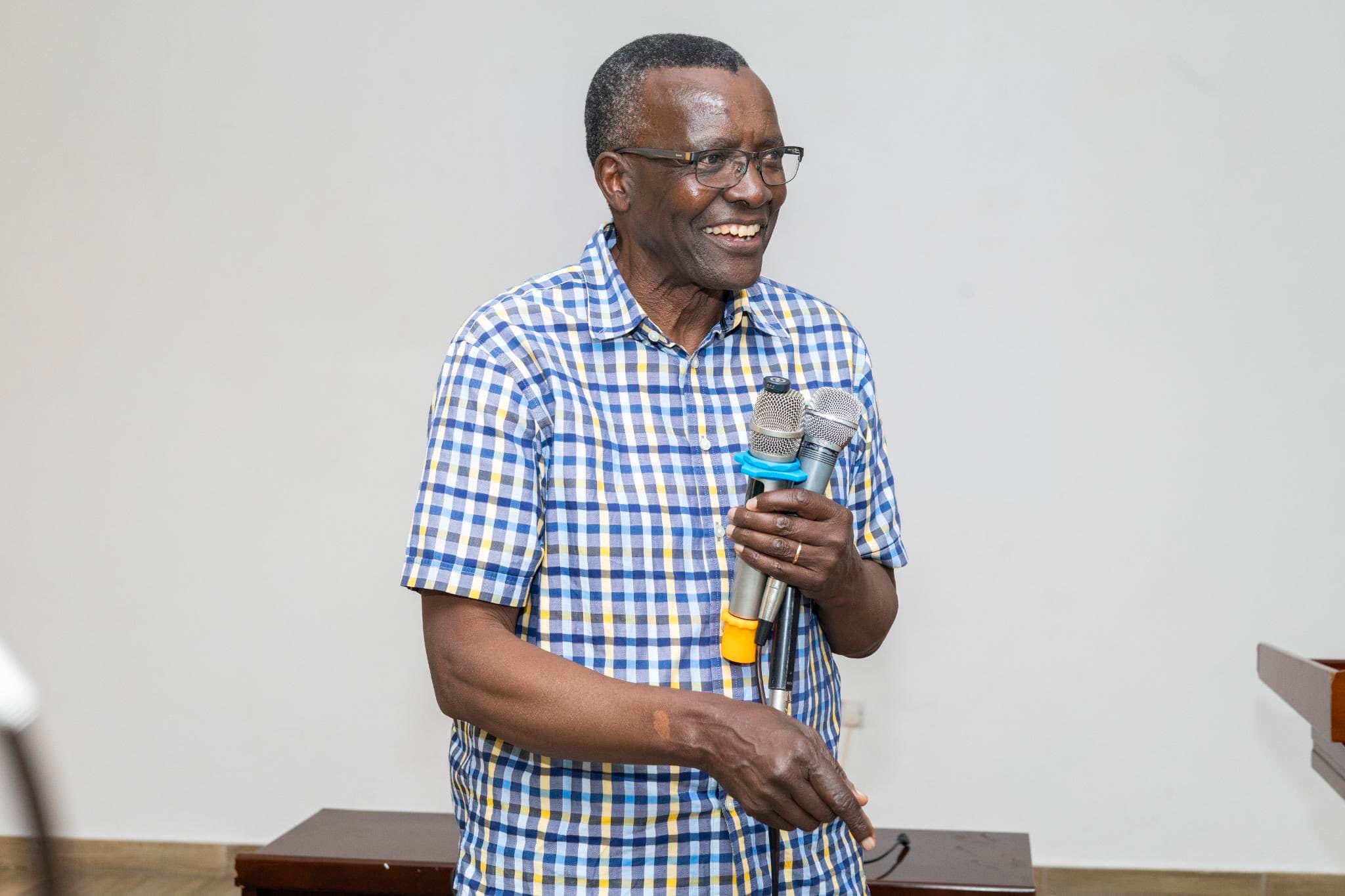We're loading the full news article for you. This includes the article content, images, author information, and related articles.
Former Chief Justice David Maraga has condemned the government following the deaths of 136 newborns in Kiambu County public hospitals during a prolonged doctors' strike, citing systemic failures in public health.

Former Chief Justice David Maraga, a declared 2027 presidential aspirant, has strongly criticised the government over the deaths of at least 136 newborns in Kiambu County public hospitals. The deaths occurred during a 127-day doctors’ strike, which Maraga described as a national tragedy and a clear indication of systemic failures within the public health sector.
In a statement released on his X (formerly Twitter) account on Thursday, October 3, 2025, Maraga asserted that the crisis extended beyond Kiambu County's leadership, pointing to a broader “regime failure” at the national level.
The tragic loss of infant lives comes amidst a protracted industrial action by doctors in public hospitals across Kenya. The 127-day strike has severely crippled healthcare services, particularly in critical areas like maternal and child health. While the specific demands of the striking doctors were not detailed in Maraga's statement, such industrial actions in Kenya often revolve around issues of remuneration, promotions, and improved working conditions.
The right to health is enshrined in the Kenyan Constitution, specifically Article 43(1)(a), which states that every person has the right to the highest attainable standard of health, including reproductive health care. The deaths of 136 newborns raise serious questions about the government's adherence to these constitutional provisions and its commitment to safeguarding public health, especially for vulnerable populations. The Health Act of 2017 also outlines the responsibilities of both national and county governments in providing accessible and quality healthcare services.
Analysts suggest that Maraga's strong condemnation could significantly influence public debate and policy execution in the near term. Stakeholders are now urging the government to provide clarity on the timelines for resolving the doctors' strike, the financial implications of such a resolution, and the safeguards being put in place to prevent similar tragedies. The medical fraternity, civil society organisations, and the public are likely to intensify calls for accountability and urgent reforms in the health sector.
The ongoing healthcare crisis, exacerbated by the doctors' strike and the tragic loss of infant lives, poses significant risks to public trust in government institutions. It could also have long-term implications for Kenya's healthcare system, potentially leading to a further exodus of medical professionals and a decline in the quality of public health services. Politically, the issue is likely to become a major talking point, especially for opposition figures like Maraga, as the 2027 general election draws closer.
The specific causes of death for each of the 136 newborns have not been detailed. The exact demands of the striking doctors and the progress of any negotiations between the government and medical unions remain unclear. The government's official response to Maraga's statement and the broader crisis is also pending.
The public will be keenly watching for the government's response to Maraga's accusations and the ongoing doctors' strike. Developments in negotiations between the Ministry of Health and medical unions will be crucial. Further, the political ramifications of this crisis, particularly as it relates to the 2027 presidential race, will be a key area of observation.
Previous doctors' strikes in Kenya, government responses to healthcare crises, maternal and child health statistics in Kiambu County, and statements from other political figures on the state of public health.
Keep the conversation in one place—threads here stay linked to the story and in the forums.
Sign in to start a discussion
Start a conversation about this story and keep it linked here.
Other hot threads
E-sports and Gaming Community in Kenya
Active 9 months ago
The Role of Technology in Modern Agriculture (AgriTech)
Active 9 months ago
Popular Recreational Activities Across Counties
Active 9 months ago
Investing in Youth Sports Development Programs
Active 9 months ago